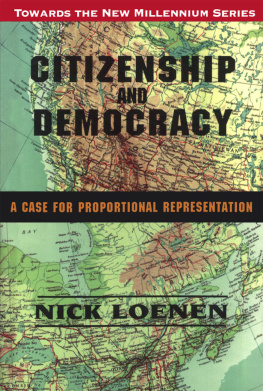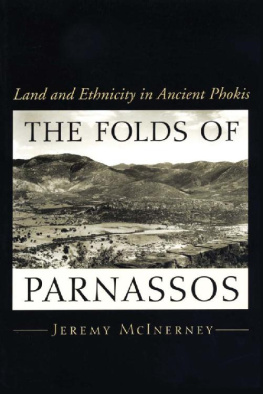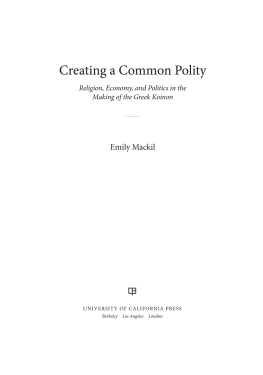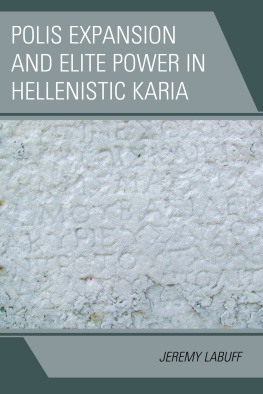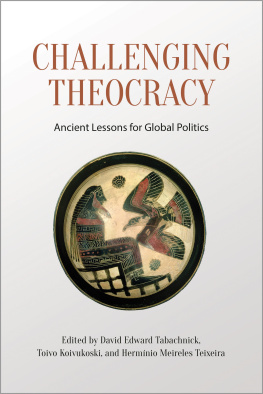Joseph B. Scholten - The Politics of Plunder: Aitolians and their Koinon in the Early Hellenistic Era, 279-217 B.C.
Here you can read online Joseph B. Scholten - The Politics of Plunder: Aitolians and their Koinon in the Early Hellenistic Era, 279-217 B.C. full text of the book (entire story) in english for free. Download pdf and epub, get meaning, cover and reviews about this ebook. year: 2000, publisher: University of California Press, genre: History. Description of the work, (preface) as well as reviews are available. Best literature library LitArk.com created for fans of good reading and offers a wide selection of genres:
Romance novel
Science fiction
Adventure
Detective
Science
History
Home and family
Prose
Art
Politics
Computer
Non-fiction
Religion
Business
Children
Humor
Choose a favorite category and find really read worthwhile books. Enjoy immersion in the world of imagination, feel the emotions of the characters or learn something new for yourself, make an fascinating discovery.

- Book:The Politics of Plunder: Aitolians and their Koinon in the Early Hellenistic Era, 279-217 B.C.
- Author:
- Publisher:University of California Press
- Genre:
- Year:2000
- Rating:3 / 5
- Favourites:Add to favourites
- Your mark:
The Politics of Plunder: Aitolians and their Koinon in the Early Hellenistic Era, 279-217 B.C.: summary, description and annotation
We offer to read an annotation, description, summary or preface (depends on what the author of the book "The Politics of Plunder: Aitolians and their Koinon in the Early Hellenistic Era, 279-217 B.C." wrote himself). If you haven't found the necessary information about the book — write in the comments, we will try to find it.
The Politics of Plunder is the first English-language book in over a century to examine the political history of the Aitolian koinon in its era of expansion. Joseph Scholten presents a chronological reconstruction of the koinons course of expansion, synthesizing a number of recent studies covering Aitolian topography, epigraphy, and institutional development that help to compensate for deficiencies in the ancient narrative record. His study is the first to ask how a people and a polity so detested by their contemporaries succeeded in making such fundamental contributions to their regional political culture.
Scholtens careful investigation charts a middle course that neither whitewashes the Aitolians nor credulously accepts the biased ancient tradition. This balanced approach provides a much-needed fresh perspective on the Aitolians and their koinon. Discussing the history of the ancient Aegean Greek world and the political, economic, and social history of the Hellenistic Era, this book will interest anyone concerned with those subjects or fascinated by the development of ancient Greek political institutions and theories, particularly federalism.
Joseph B. Scholten: author's other books
Who wrote The Politics of Plunder: Aitolians and their Koinon in the Early Hellenistic Era, 279-217 B.C.? Find out the surname, the name of the author of the book and a list of all author's works by series.



